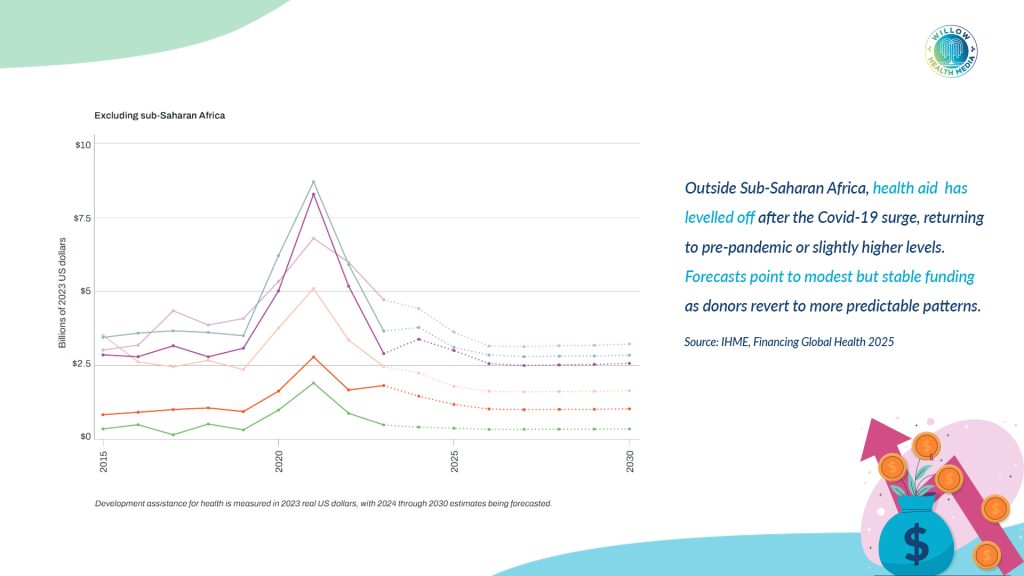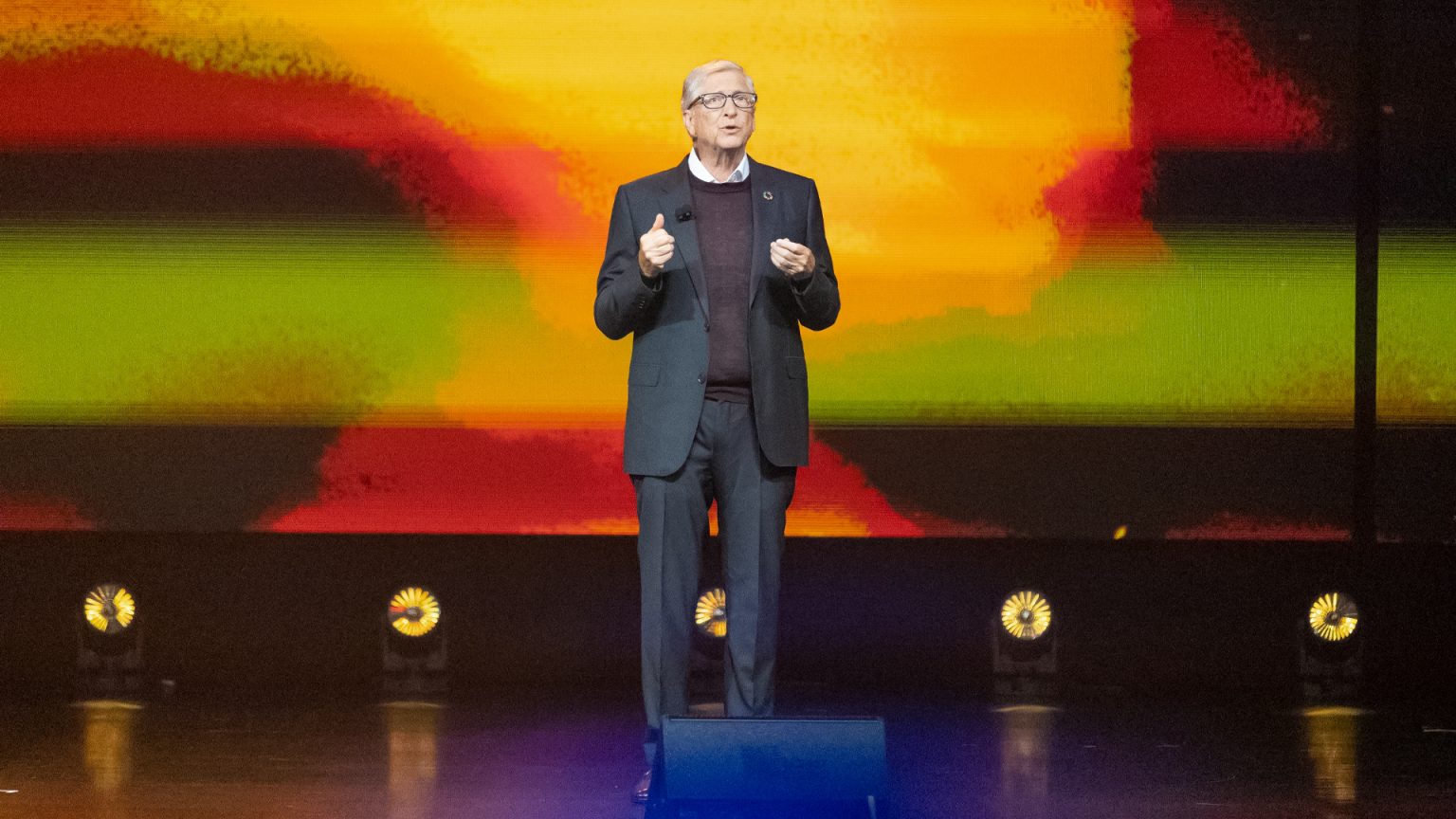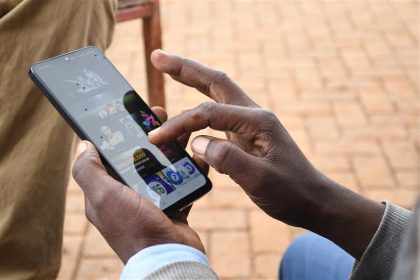The Foundation has now surpassed the US government as the largest individual source of global health funding
The Gates Foundation has announced a landmark $912 million (Ksh118 billion) pledge over three years to the Global Fund to Fight AIDS, Tuberculosis and Malaria, as foundation chair Bill Gates warned that dramatic cuts to global health aid are threatening decades of progress in child survival.
Speaking at the foundation’s 2025 Goalkeepers event in New York, Gates told more than 1,000 global leaders that funding decisions expected before this year’s end could determine the fate of millions of children worldwide.
“Humanity is at a crossroads. With millions of children’s lives on the line, global leaders have a once-in-a-generation chance to do something extraordinary,” Gates said. “The choices they make now will determine what kind of future we leave the next generation.”
The $912 million commitment comes as global Development Assistance for Health (DAH) has plummeted to levels not seen in over 15 years, dropping 21 per cent from $49.6 billion in 2024 to $39.1 billion in 2025, according to new estimates from the Institute for Health Metrics and Evaluation (IHME).
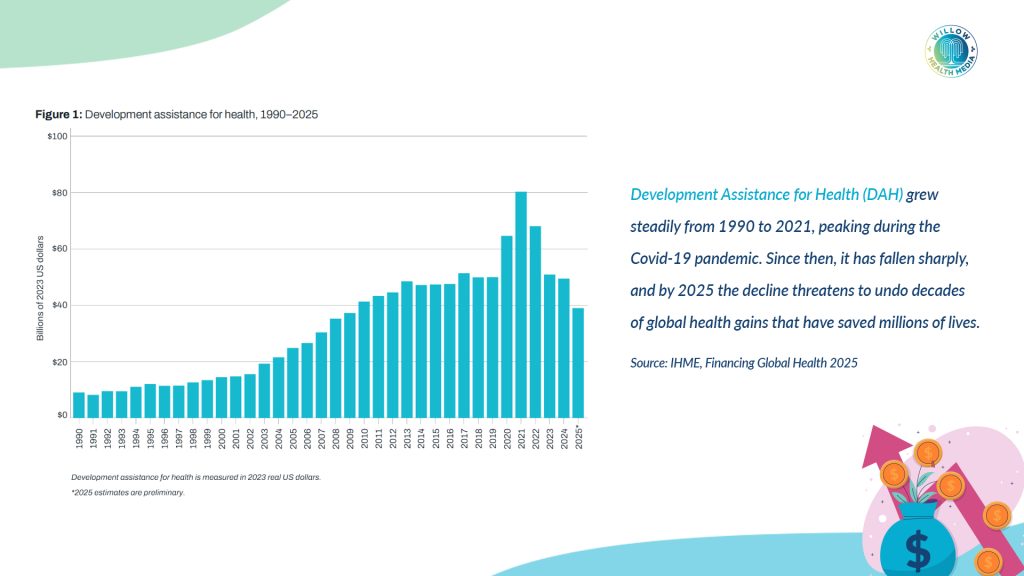
The US government, historically the largest single contributor to global health, has led the decline with a devastating 67 per cent reduction in funding, cutting more than $9 billion from its DAH budget in 2025.
Despite the overall downward trend, several countries have maintained their commitments
The UK followed with significant cuts of $796.1 million (39 per cent decline), France by $555.1 million (33 per cent decline), and Germany cut $304.5 million (12 per cent decline). Finland also joined the list of countries reducing their global health investments.
Despite the overall downward trend, several countries have maintained or increased their commitments, while private philanthropy, led by the Gates Foundation, has remained stable. In a significant development, Bill Gates announced in May 2025 that his foundation would distribute his fortune over the next two decades, with most funding directed toward African health and development initiatives.
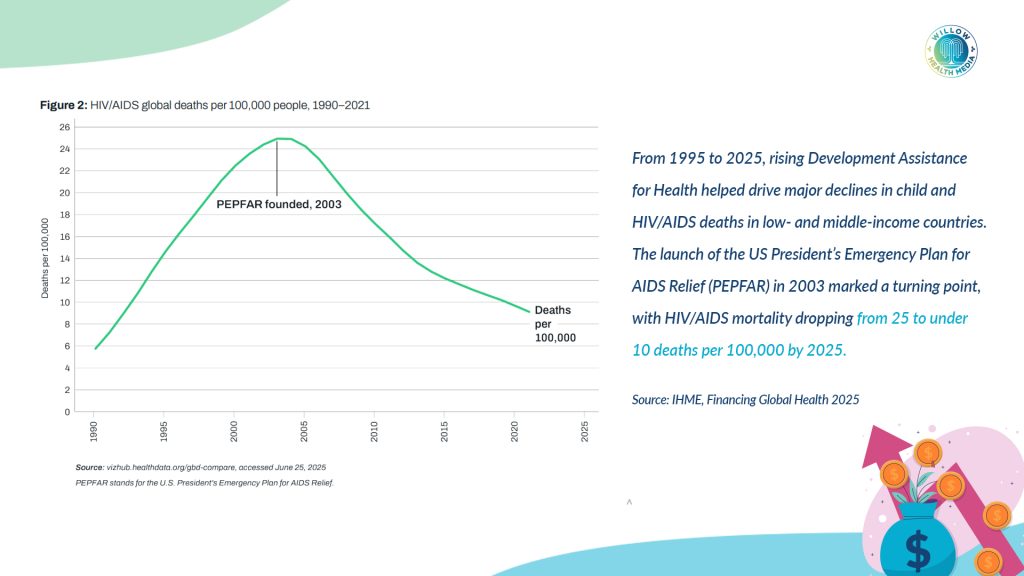
The new $912 million pledge brings the Gates Foundation’s total commitments to the Global Fund to $4.9 billion (Ksh633 billion) since 2002, making it one of the organisation’s largest investments.
The Global Fund, which Gates called “one of the most effective lifesaving initiatives of the 21st century,” has saved more than 70 million lives since its inception and reduced deaths from AIDS, TB, and malaria by more than 60 per cent.
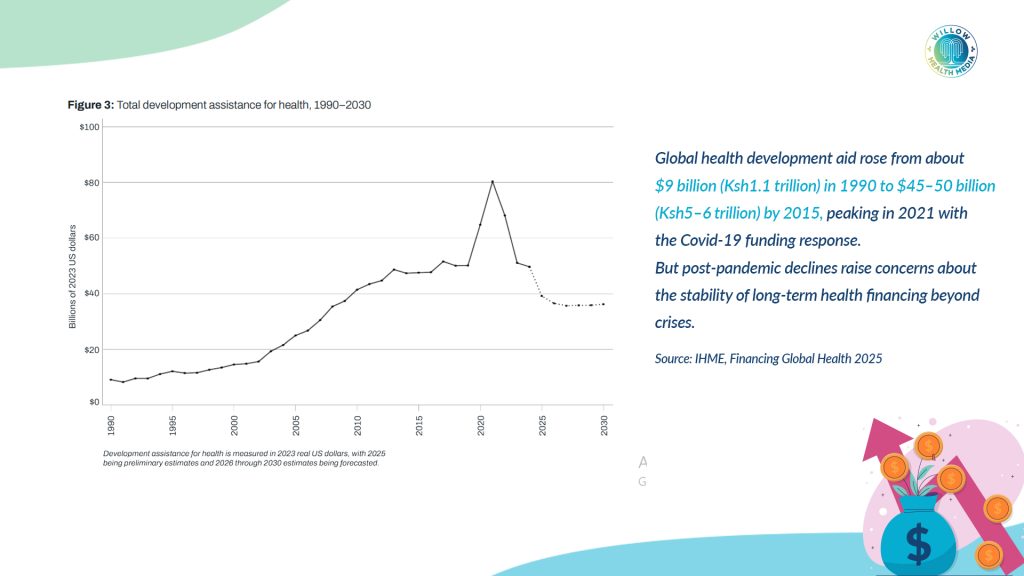
Each dollar invested in the Global Fund delivers an estimated $19 (Ksh2,450) in health and economic returns, according to foundation data. The organisation’s Eighth Replenishment fundraising cycle ends this November, creating urgent pressure for governments to commit funding in the coming weeks.
Key innovations include new malaria prevention methods, long-acting HIV drugs, and maternal vaccines
“An entire generation is alive today thanks to the world’s generosity, smart investments, and the hard work of governments and Global Fund partners,” Gates said. “Now, we must go further so the next generation grows up in a world where no child dies from preventable causes.”
The Gates Foundation announcement accompanied the release of a comprehensive roadmap that could cut child deaths in half again over the next 20 years. The plan calls for sustained investment in proven initiatives like the Global Fund and Gavi, the Vaccine Alliance, while prioritising primary healthcare systems and breakthrough innovations.
Key innovations highlighted include new malaria prevention methods that stop mosquitoes from carrying parasites, long-acting HIV drugs that replace daily pills, maternal vaccines against respiratory syncytial virus and group B streptococcus, and artificial intelligence (AI) applications for more efficient medicine delivery.
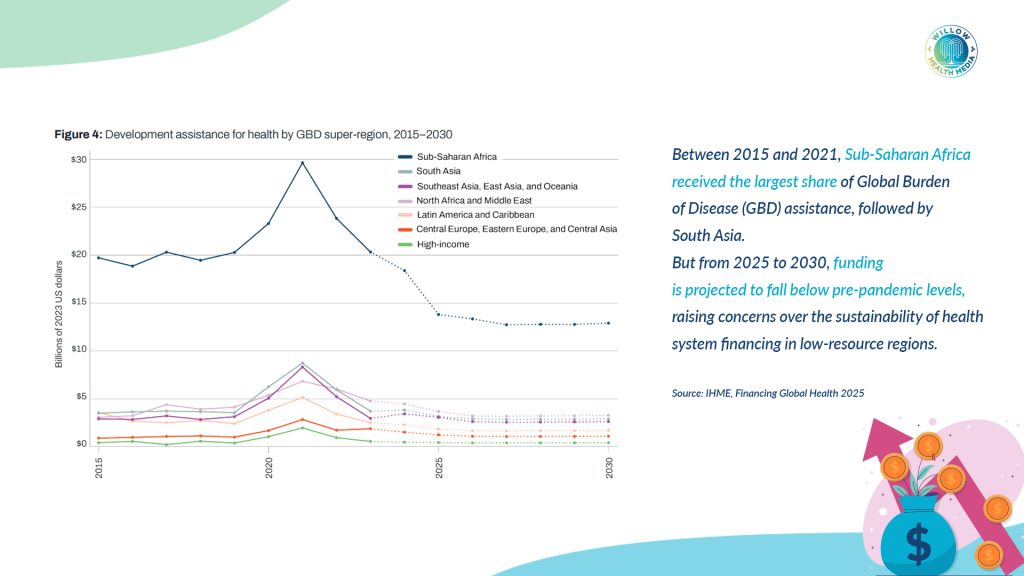
“We have a roadmap for saving millions of children and making some of the deadliest childhood diseases history by 2045,” Gates asserted, urging world leaders to invest despite challenging budget constraints.
For the first time since tracking began, IHME’s preliminary estimates suggest that the Gates Foundation has now surpassed the US government as the largest individual source of global health funding, marking a fundamental change in the landscape of international health financing.
